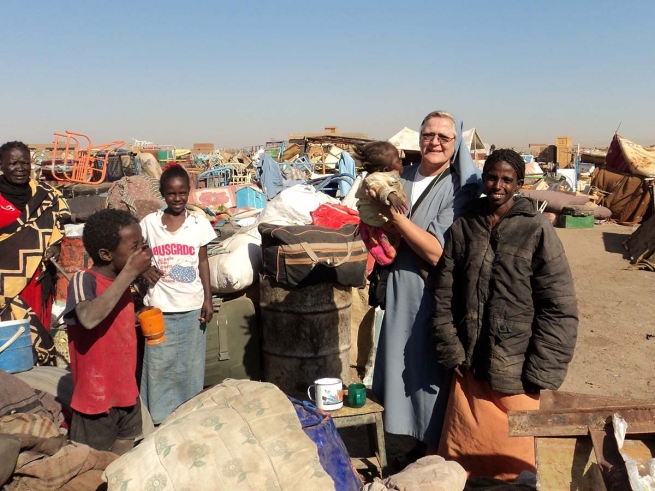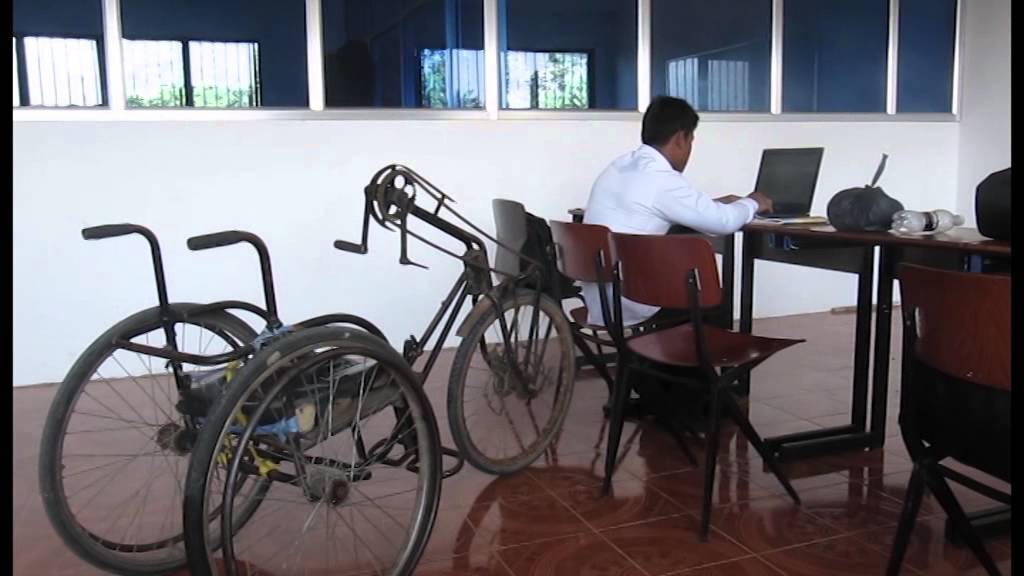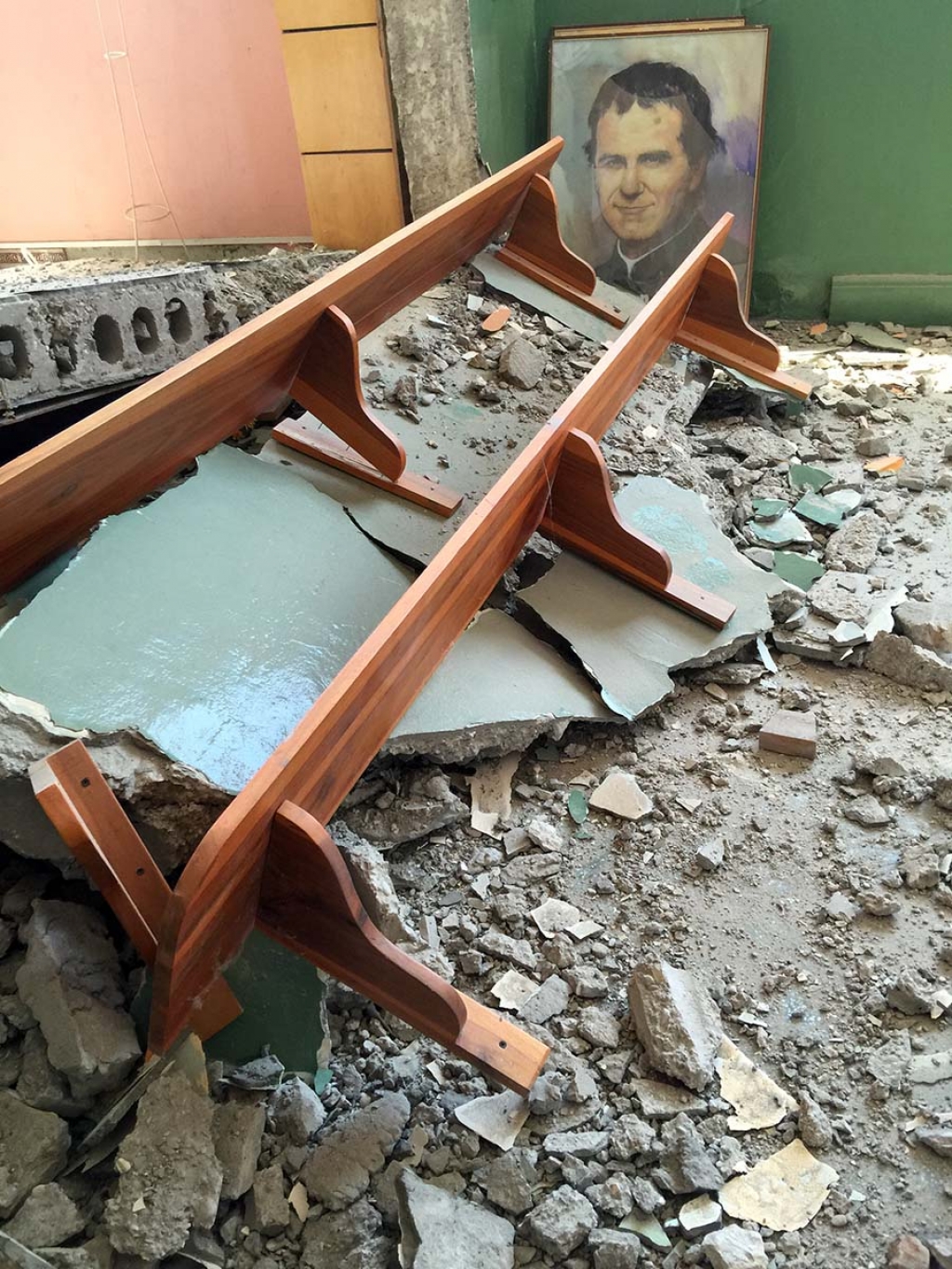UNICEF: More Affordable Malaria Bed Nets will Save $22 Million
According to a UNICEF news release, the price of an insecticide-treated, long-lasting bed net has dropped to under $3.
“Never before have bed nets been as accessible and affordable for children and families in developing countries,” said the Director of UNICEF’s Supply Division in Copenhagen, Shanelle Hall, adding that the price reduction is the result of a long-term strategy to create a healthy global market for bed nets.
Last year, UNICEF made available on its website the prices it pays for vaccines so that the availability of this information would improve market transparency and efficiency, and support governments and partners in making more informed decisions.
UNICEF and its partners also implemented other strategies to achieve savings in supplies. These include aggregating demand and pooling procurement to help achieve economies of scale, transparent and long-term forecasts to industry, special financing terms and clear quality requirements, among others.
The drop in bed net prices, follows projected cost savings and cost avoidances for vaccines and child survival supplies worth $735 million in the coming years, according to UNICEF’s Supply Annual Report. This amount includes a projected $498 million in costs avoided in the rotavirus vaccine procurement, which protects children against virulent strains of diarrhea, the second largest cause of death for children under five.
According to the agency, for supporting child survival and development programs around the world, its procured supplies are critical in providing for children’s health, education and protecting them from abuse, exploitation, and neglect. It procures and supplies over 5,000 products to address the needs of children.
###
Photo: UNICEF/Jan Grarup
UNICEF and Salesian Missions
Around the globe, Salesian institutions are among the UNICEF-supported schools that work beyond just providing a basic education–they provide customized solutions to meet the needs and challenges of the world’s poorest children and focus on better futures and lasting change.
Working in more than 150 countries, UNICEF provides children with health care, clean water, nutrition, education, protection, emergency relief, and more.




